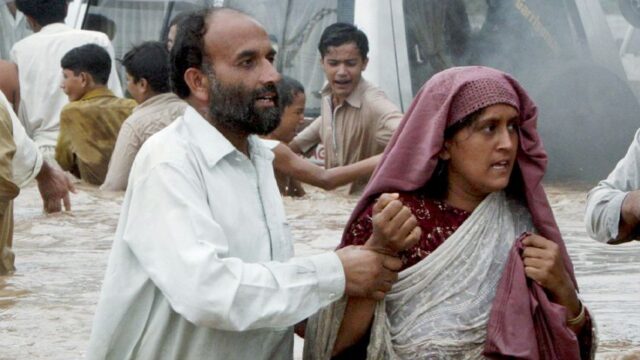
Water Security
The scarcity of clean water, essential to all life, is one of the greatest challenges of our time. While issues of water access and sanitation are often viewed in isolation, water resource management is directly tied to issues of food security and global health. But population growth, expanding economies, and climate change are putting global water resources under enormous pressure, making reliable access to safe water a growing challenge, fueling competition for resources, and creating huge health, economic and social consequences.
Nearly 800 million people lack dependable access to clean water, and about 2.5 billion people lack access to modern sanitation, putting them at risk of disease. Two million children die each year from preventable diarrheal disease because of poor water quality. While the problems are worldwide, specific regions, chiefly sub-Saharan Africa and many rural areas, lag significantly in terms of access to sanitation.
The United States Government, mainly through the U.S. Agency for International Development (USAID), is investing in programs to increase water supply and sanitation to safeguard water resources for the well-being of people and the environment. USAID coordinates its focus on water resources for agriculture, health, and climate projects with national and international partners to:
- Expand access to water supply and sanitation for better hygiene to fight preventable disease, especially in vulnerable communities;
- Increase the efficient use of water in agriculture and industry to boost output while conserving a precious resource;
- Improve water resource management through reforming governance and regulations to equitably share access and defuse competition; and
- Strengthen resilience and response to disasters in order to help countries adapt to a changing climate.
Related Links:
Under Secretary for Economic Growth, Energy, and the Environment